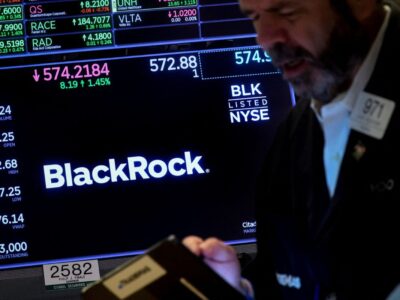Rex Tillerson, chairman and CEO of Exxon Mobil, has pushed the need for legislative action in developing policies that will help the energy industry handle the risks of climate change.
The comments were made in a speech to the Royal Institute for International Affairs in London, UK, and echo those of other oil-major CEOs who have spoken on the same issues. He used the cautious language of risk mitigation, acknowledging the apparent dangers of CO2 emissions, the need for continued research and highlighting some of his own company’s achievements. He also posed some questions.
“Are these individual and corporate actions enough? Is stronger government action needed? Policymakers in the United States and Europe increasingly believe more must be done and are seeking ways through legislation to curb the risks of climate change,” said Tillerson.
“Any effective and sustainable approach to addressing climate risk must incorporate common sense, proven risk management principles – assessing costs and benefits and taking the actions most likely to achieve benefits at the lowest cost.”
In short Tillerson would like issues of climate change to be dealt with through market forces. These, he thinks, will direct the selection and deployment of technologies that will best serve the world’s energy and environmental interests.
“In general, we believe that maximising the use of markets to select and deploy technologies will best serve society’s interests in the long term and meet future energy needs,” said Tillerson.
“And we believe achieving a uniform and predictable cost for carbon across the economy will enable market mechanisms to work effectively to this end. Much debate in policymaking circles is focused on how to create a market price for carbon and how best to use this market signal to drive change globally.”
While acknowledging Europe’s existing cap-and-trade system for greenhouse gas emissions is working to some extent, he believes it is not enough to help deliver a reliable cost for carbon.
“The process of managing a cap-and-trade system inevitably introduces significant administrative complexity, through determining and changing rules in areas such as calculating installation allocations and verifying site emissions,” he said.
“As further policy frameworks are developed, we believe that other policy mechanisms might be more effective – and these alternative approaches should be equally analyzed and debated.
For example, an upstream cap-and-trade system – that is, a system placing a limit on carbon at the point where the fuel enters the commercial world rather than at the point of emission – offers potential advantages in terms of efficiency and simplicity. It reduces the number of regulated entities and provides a cost of carbon to the entire economy.”
Tillerson did not push a definitive case for any particular system, claiming instead the role of encouraging debate: a role where it is easy to come to no conclusions.






